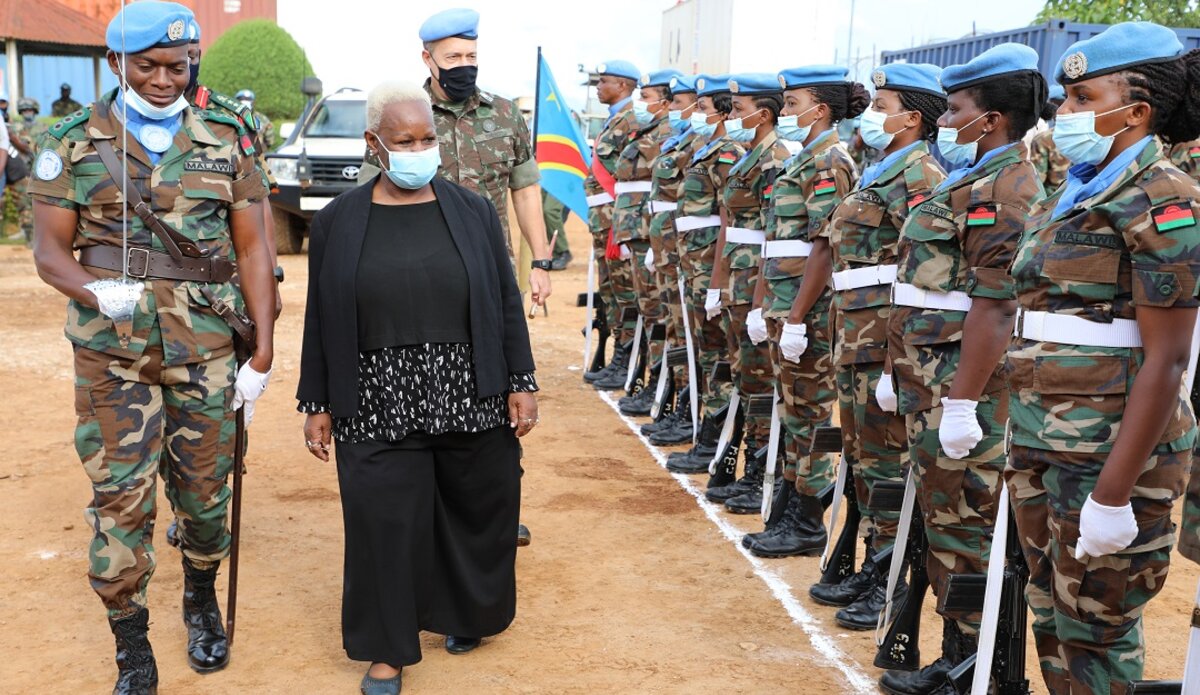The United Nations is mandated to play a critical role in the maintenance of global peace and security, promotion of the well-being of the peoples of the world, and fostering international cooperation to these ends.
However, since its establishment in 1945, reports indicate that the body has performed dismally on many of its key mandates, especially on keeping peace and security where letdowns are voluminous.
The UN’s diplomatic missions are high and costly, and in most cases if not all, it has failed to act effectively on its cardinal principle and the consequences have always been in massive losses.
In 1993, the world body passed Resolution 872 establishing the United Nations Assistance Mission for Rwanda. The decision came as a result of the armed struggle that had been launched by the Rwanda Patriotic Front (RPF) as its last resort, after peaceful negotiations for the safe and unconditional return of thousands of Rwandan refugees who had lived in exile for more than three decades proved to be futile. UNAMIR’s role was to ensure the implementation of the peace process with tasks like ensuring security of the capital city, Kigali, monitor the ceasefire agreement, establishment of the demilitarized zone and monitor the general security situation.
But when the government in power at the time suddenly rolled out the genocide machine targeting the Tutsi, UNAMIR was reduced to a bystander. The peacekeeping mission simply looked on as the Genocide against the Tutsi went full-throttle.
Michael Barnett, who worked at the US mission to the UN in 1994 argued that the UN’s inaction in Rwanda stemmed from its desire not to get involved in a potentially-risky operation for public relations that could damage the prospects for future peace-keeping operations since 18 UN troops had earlier been killed in Somalia.
UNAMIR withdrew from Rwanda when the killing of Tutsi started.
The UN failed to understand how crucial it was to save lives of Rwandans, bring peace and security to the most vulnerable at the time. Consequently, they lost even the little credibility they had left.
First forward, to the Democratic Republic of Congo (DRC), the UN established MONUSCO. Its mission was to bring about peace and security to the people in the east of the country. But for more than 20 years, the peace and security situation in this region has only worsened.
Millions of lives have been lost, rebel armed groups have been created in their dozens and UN staff have been cited in illegal activities in DRC, despite this being the most expensive operation of the UN.
With many other countries around the world having conflicts that are sources of different types of insecurities, many across the world have little or no faith in the agency.
Many experts have argued on the lack of centralism as the main reason of the UN’s poor performance in maintaining peace and security among member states, and others have argued that all that is needed is to review the UN diplomacy architecture.
Regardless of where one stands between these two arguments, one thing is certain. The status-quo is not working at all.
The UN system and diplomatic engagements should consider the multi-dimensional vulnerabilities and socio-political challenges faced by countries in conflicts and engage in adequate preventive diplomacy, if it is to be a relevant body that is responsive to the needs for which it was created.










